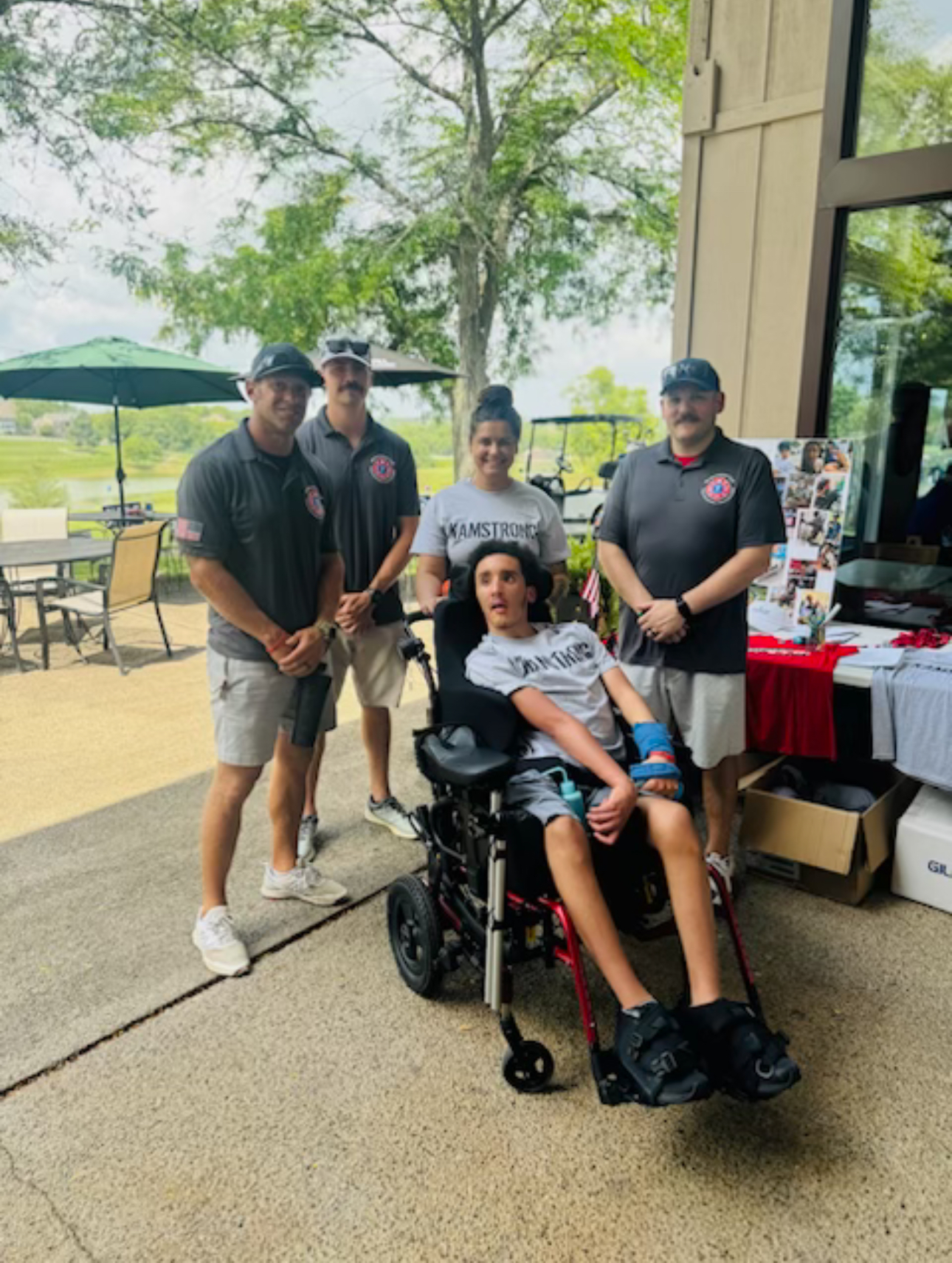Mind and Body: Teen dating violence is too common
Published 9:48 am Monday, March 5, 2018
Clark County Health Department
Youth dating violence is too common.
The statistics reveal:
Trending
— Nearly 1.5 million high school students nationwide experience physical abuse from a dating partner in a single year.
— One in three adolescents in the U.S. is a victim of physical, sexual, emotional or verbal abuse from a dating partner, a figure that far exceeds rates of other types of youth violence.
— One in 10 high school students has been purposefully hit, slapped or physically hurt by a boyfriend or girlfriend.
— Violent behavior typically begins between the ages of 12 and 18. Dating violence crosses all sexual, racial, economic and social lines.
Although there are many signs to pay attention to in a relationship, look for these common warning signs of dating abuse: Checking cell phones, emails or social networks without permission; Extreme jealousy or insecurity; Constant belittling or put-downs; Explosive temper; Creating isolation from family and friends; Making false accusations; Erratic mood swings; Physically inflicting pain or hurt in any way; Possessiveness; Telling someone what to do; Repeatedly pressuring someone to have sex.
While the following non-specific warning signs could indicate other concerning things such as depression or drug use, these should also raise a red flag about the possibility of an unhealthy relationship: No longer hanging out with friends; Wearing the same clothing; Distracted when spoken to; Constantly checking cell phone, gets extremely upset when asked to turn phone off; Withdrawn, quieter than usual; Angry, irritable when asked how they are doing; Makes excuses for their boyfriend/girlfriend; Showering immediately after getting home; Unexplained scratches or bruises.
Trending
If you or someone you know is involved in relationship with violence, please contact the crisis line at 1-800-544-2022 or call local emergency services.
More information is available at the website, greenhouse17.org.
Information taken from loveisrespect.org and www.acadv.org.





